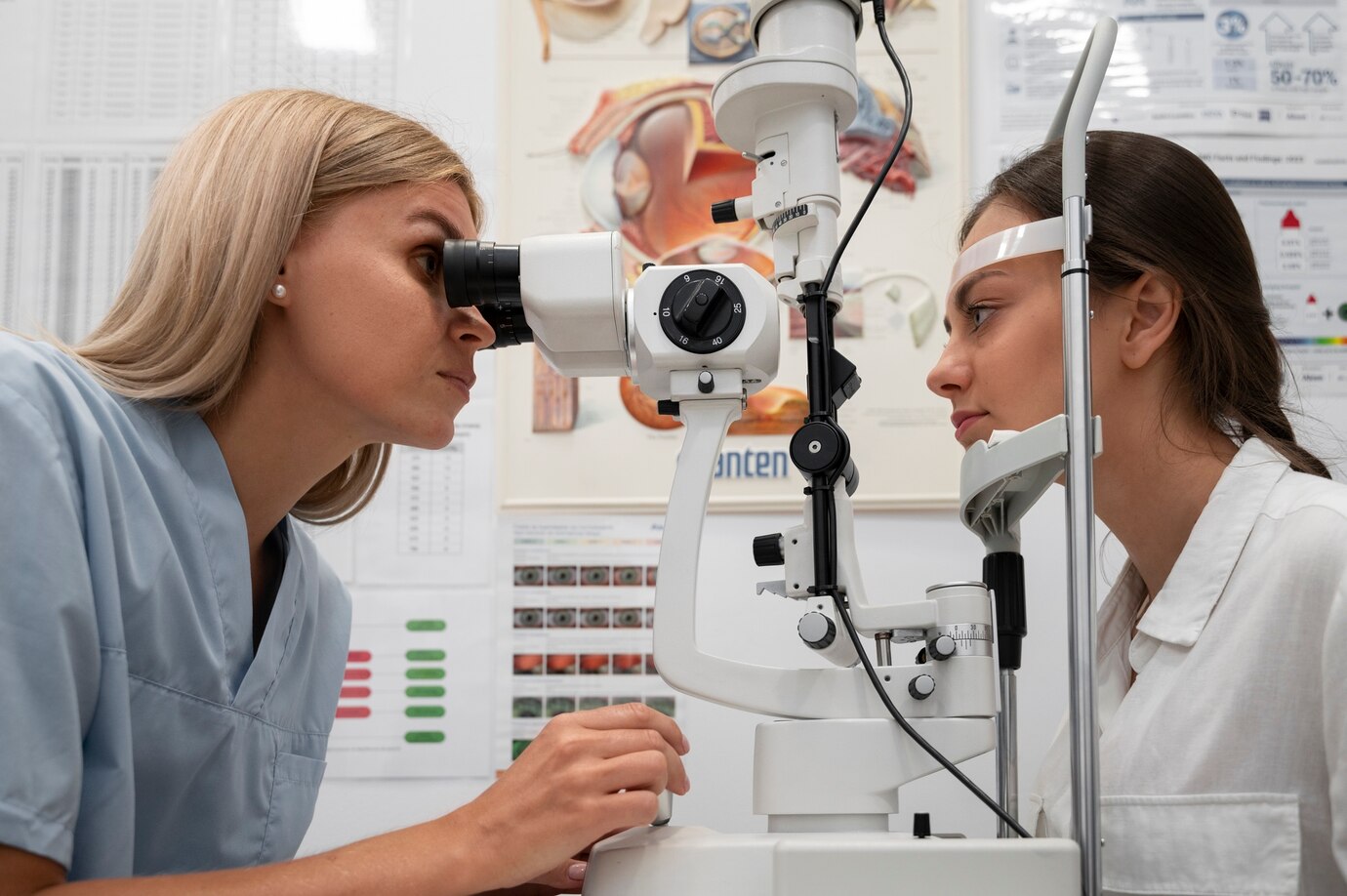Sight is one of our most precious senses. Our eyes allow us to take in the beauty of a sunset, read the pages of a good book, recognize the faces of our loved ones, and complete essential daily tasks like driving. Given how central vision is to our everyday lives, it makes sense why regular eye exams and quality eye care are so important. But with so many options out there for eye doctors, how can you identify the best provider for your needs? This guide takes a comprehensive look at what to seek out when searching for top-notch eye care professionals so that you can prioritize your eye health and see the world.
What to Look for in an Eye Doctor
Seeking the right eye doctors in St George Utah involves more than just proximity or availability. You’ll want to do your research to find an optometrist or ophthalmologist who meets your specific needs. Here are some key factors to look for:
Specialized Training and Accreditation
It’s essential to verify that your eye doctor has completed the necessary educational training and achieved board certification in their field. This rigorous credentialing ensures they have a strong medical foundation for diagnosing and treating vision issues. Don’t hesitate to ask about their background.
Range of Services
Look for a versatile practice that offers a full suite of services like comprehensive eye exams, treatment of eye diseases and injuries, and management of conditions like glaucoma or dry eye. Having all your eye care needs covered in one place saves time and enhances continuity of care.
Cutting-Edge Technology
Today’s eye doctors have an impressive arsenal of advanced technology at their disposal for assessing your eyes and optimizing outcomes. Seek out a provider who leverages things like digital retinal imaging, lasers, and precision diagnostic equipment. This shows their commitment to innovation.
Specialized Expertise
Some eye doctors focus their practice in specific areas like pediatrics, and sports vision performance, or geriatric care. Choose a provider whose niche aligns well with your needs or concerns. Their targeted expertise can be invaluable.
Patient-Centered Care
Look for an eye doctor who prioritizes clear communication, takes time to answer your questions, and involves you in decisions about your eye health. Quality bedside manner is a must for cultivating trust and customized treatment plans.
Finding the Right Eye Doctor for You
Picking the perfect eye doctor is a personal decision based on your unique preferences and healthcare priorities. As you evaluate options, here are some helpful questions to consider:
- Is the location convenient for me to access regularly?
- Do they accept my vision insurance plan?
- Are appointments readily available or will I have long waits?
- Can I easily communicate with staff by phone, email, or online?
- Do current patients provide positive reviews about their experiences?
- Does their optical shop have frames and options that appeal to my style?
- Do they utilize tech that makes the exam process comfortable?
By selecting an eye doctor who gets top marks in categories you care about most, you can find an ideal fit for safeguarding your eye health over the long-term.
Prioritizing Preventative Eye Care
Being proactive about eye care helps nip vision problems in the bud before they advance and become more difficult to treat. Here are some tips for making your eye health a priority:
Get Annual Comprehensive Eye Exams
Experts recommend a complete exam every year to monitor for changes in your vision or early signs of eye disease. Don’t skip this essential preventative care.
Keep Up with Prescriptions
If you wear contacts or glasses, be diligent about keeping your prescriptions current. Outdated lenses can strain your eyes and even impact the exam accuracy.
Protect Your Eyes from UV Exposure
Shield your eyes from sun damage by wearing sunglasses and wide-brimmed hats outdoors. Too much UV exposure raises your risk for cataracts and macular degeneration later in life.
Know Your Family History
Certain eye diseases can be hereditary. So let your eye doctor know if any close relatives have had vision issues like glaucoma or retinal disorders.
Eat Well and Don’t Smoke
Poor nutrition and smoking are both linked to higher rates of age-related eye problems. So eat your leafy greens and kick the tobacco habit.
The Bottom Line
Your eye doctor serves as your partner and guide on the journey to lifelong healthy vision. That’s why it’s so important to choose the right provider who meets your needs and provides personalized, compassionate care. Use the tips in this guide to focus your search, evaluate the options, and find an eye doctor who helps you see the beauty in life clearly and comfortably. Your eyes will thank you!

